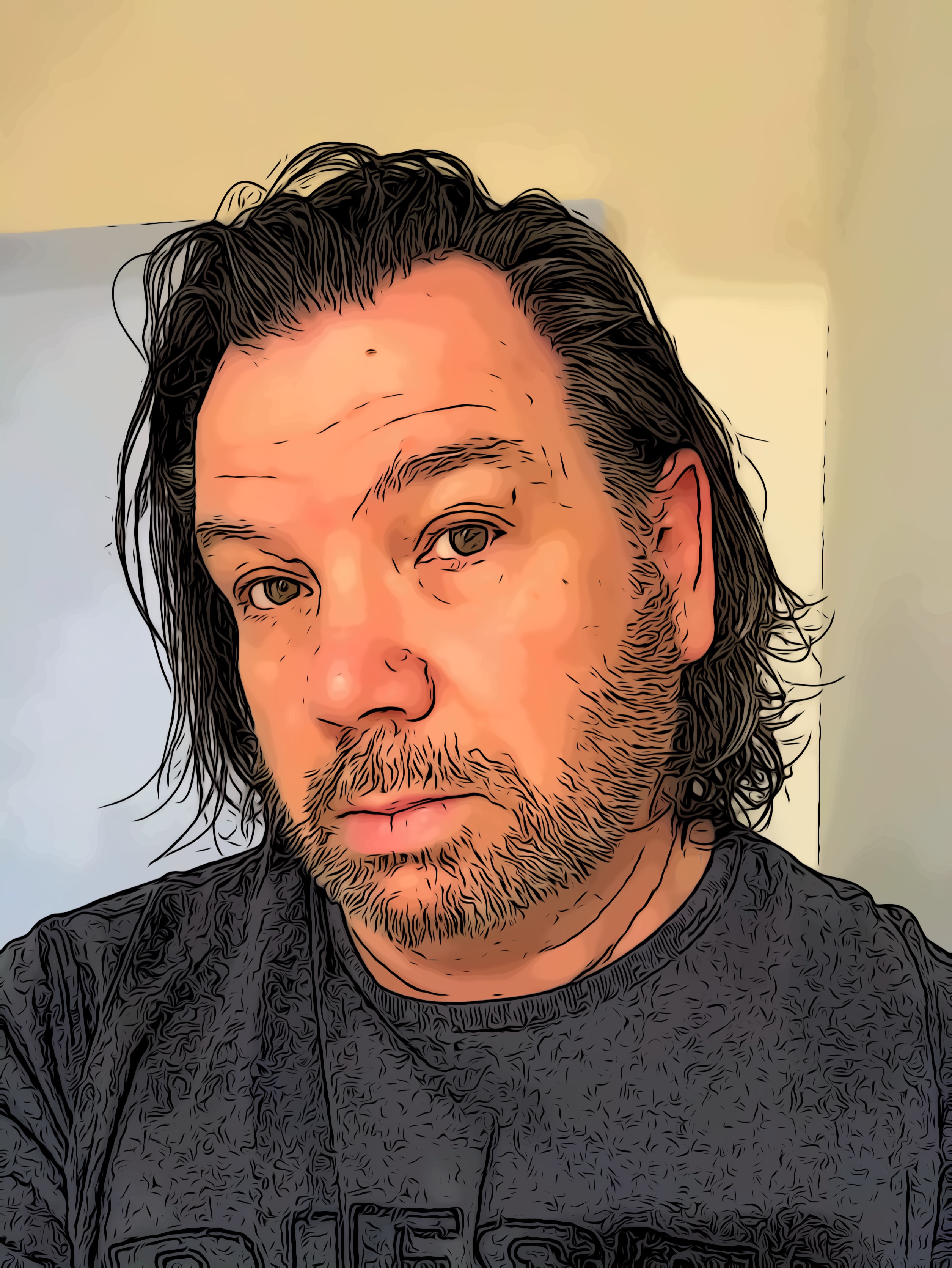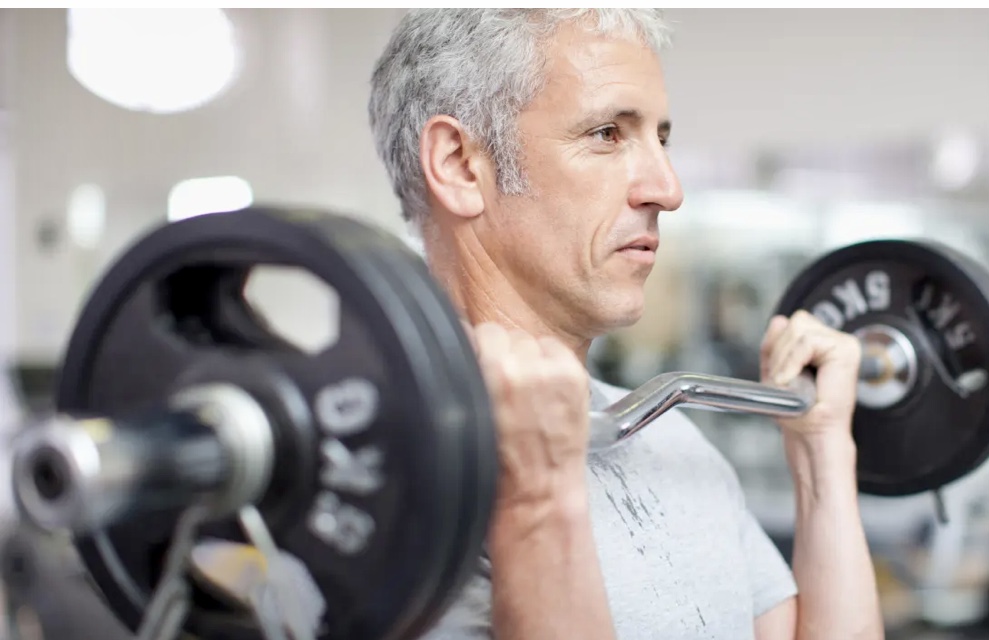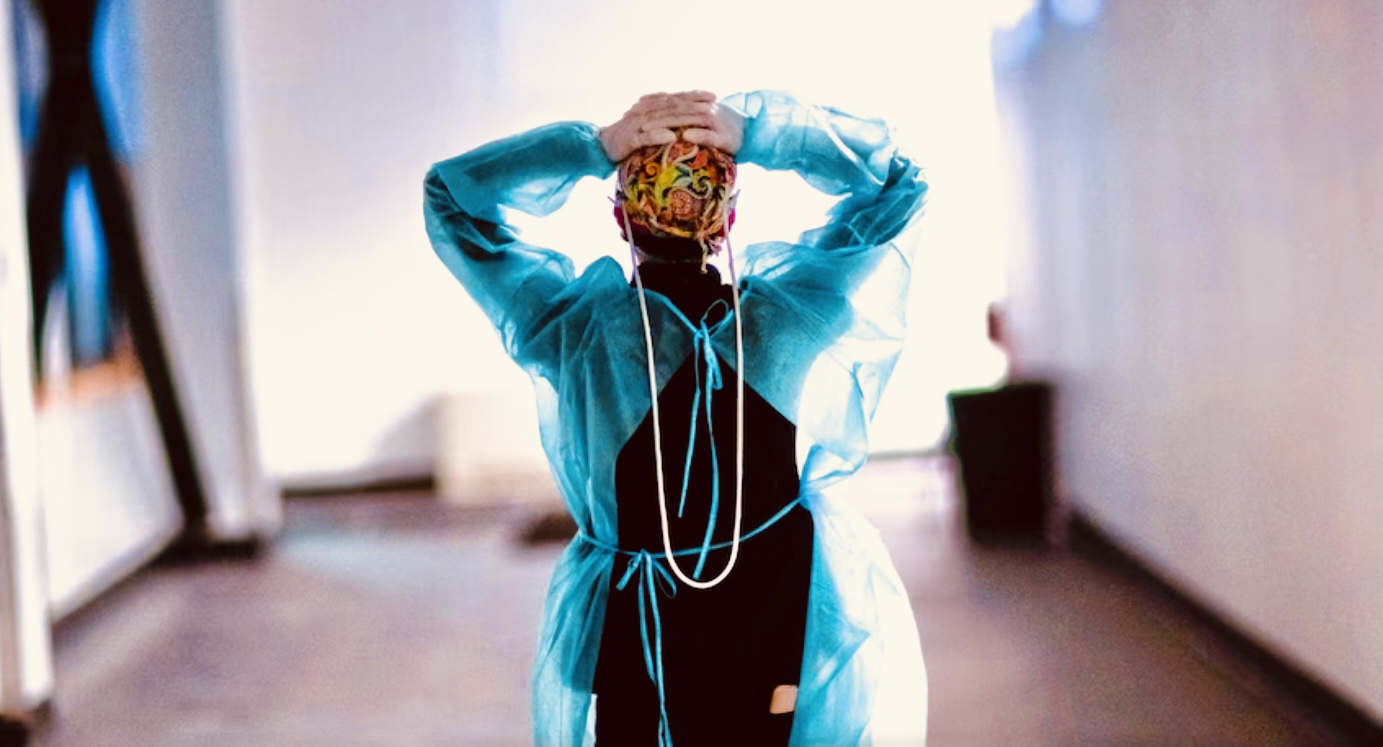Comments
Good idea! Do the advocates need to be medically qualified advocates, trained in health advocacy? This would limit practical implementation of the idea. Maybe it would be easier if the advocate just had a skill in asking sensible questions.
Patient advocates are desperately needed these days, and I agree with Lynn that they do NOT need to be medically trained. I urge ANYONE, not just elderly, to have the support of an advocate when in hospital particularly but for any significant health issue. It is a clear fact that when someone tells us something that we do not clearly understand, we have almost zero ability to remember what was said! Being under the additional stress of health challenges makes understanding even more impossible.
I agree Charles. More people now don't have family or friends to take on this role. Maybe it could be a volunteer or paid position?
A friend told me that AirTasker is used for people to engage others to sit with them in hospital and pick them up when they are released.
The US version is a Healthcare Proxy. Been around for a long time. https://www.health.ny.gov/publications/1430.pdf
Thank you for the above comments. It is heartening to see people engaging with the idea of patient advocates and it is good to learn more about the role of patient advocates in the US. I have presented the case for medically trained independent (private) patient advocates in a submission to a New South Wales parliamentary committee, inquiring into regional hospitals and healthcare. This is a link to the submission: https://www.parliament.nsw.gov.au/lcdocs/submissions/76880/0719%20Mr%20Trevor%20Rowe.pdf.
If I am in hospital and alone, I want to have an advocate who is medically trained and knows hospitals inside out. My experience and my research leads me to the conclusion that the best candidates are highly skilled and experienced nurses with training in patient advocacy. Patient advocacy is part of the ethos of nursing. Like other medical professions, patient advocates need to have professional standards and be regulated.
Increasingly hospitals are employing patient advocates and patient navigators but if such people are on a hospital payroll, their final loyalty is not to you the patient. The accountability problem is summed up in the saying: Who pays the piper, calls the tune. it is compounded by the problem of hierarchical nature of hospitals.
The NSW parliamentary inquiry provides chilling evidence of what can happen to patients without their own advocates. The inquiry follows the (Australian) 60 minutes report by Liz Hayes which details the demise of her father in a regional hospital and the demise of the father of ABC journalist Jamelle Wells. This is the 60 minutes program: https://youtu.be/0aQD98ABziE
I AM a patient advocate so of course I support the concept. The benefits are varied and the outcomes change when providers know they are being watched. Just this week I’ve had two doctors from two different hospitals (who I worked with in the past) contact me to look at ways of referring patients because because they acknowledge that my role made a difference to the outcome. It takes humility and compassion to say “we don’t always meet our patients’ needs and we know there is a better way”.
In terms of who can advocate for a patient, the requisite skills that work are neutrality, availability, communication skills, health literacy and an understanding of medical and hospital cultures. What makes a good advocate is not love or compassion, it’s the skills to make a difference. There are a lot of good resources online about how to be an effective advocate.
I think everyone should plan ahead, identify someone they are close to and say “if I need help, would you be my advocate? If you need help I’d want to Google Patient Advocate and find a professional to help you”.
Another example showing this idea was needed- an unnecessary procedure, already done, caused death.



 IdeaSpies
IdeaSpies
 Madeline Cunningham
Madeline Cunningham


 Jonathan Chrimes
Jonathan Chrimes
